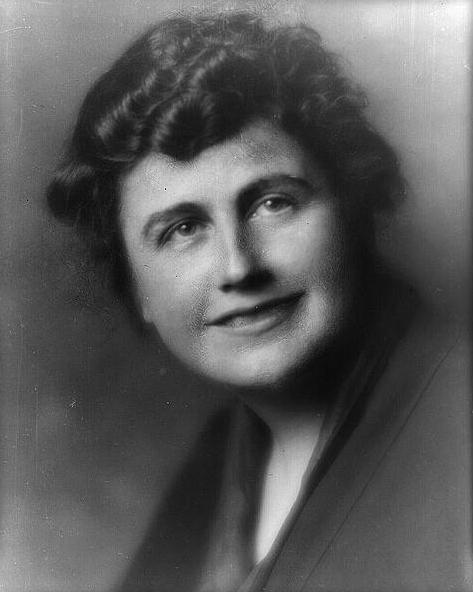“History doesn’t repeat itself,” said Mark Twain, “but it sometimes rhymes.” Hillary Clinton, the presumptive 2016 presidential nominee of the Democratic Party, stands to become the first woman in the Oval Office in the nation’s history. But, according to many historians, Mrs. Clinton is neither the first woman nor the first First Lady. That honor belongs to Edith Bolling Galt Wilson, the second wife of the 28th President of the United States, Woodrow Wilson.
According to many scholars, Mrs. Wilson assumed the role of president soon after her husband’s incapacitation from a stroke in October 1919.
The White House’s web page on First Ladies tempers the view of Mrs. Wilson’s de facto presidency, however, calling it “a stewardship,” the term Mrs. Wilson had used in her 1939 memoir. “She did not initiate programs or make major decisions, and she did not try to control the executive branch,” the passage says, insisting that her actions consisted of routine chores.
In her memoir, Mrs. Wilson stated, “I studied every paper, sent from the different Secretaries or Senators, and tried to digest and present [the things that in her judgment] had to go to the President, I myself never made a single decision regarding the disposition of public affairs. The only decision that was mine was what was important and what was not, and the very important decision of when to present matters to my husband.”






